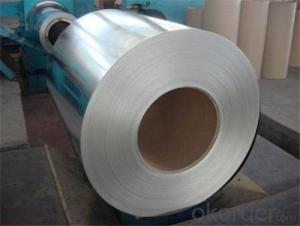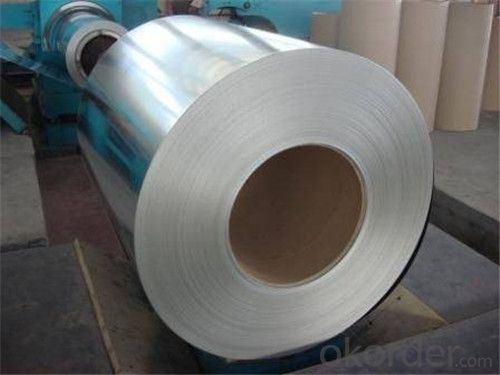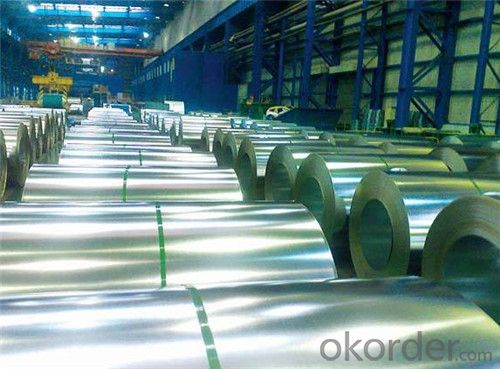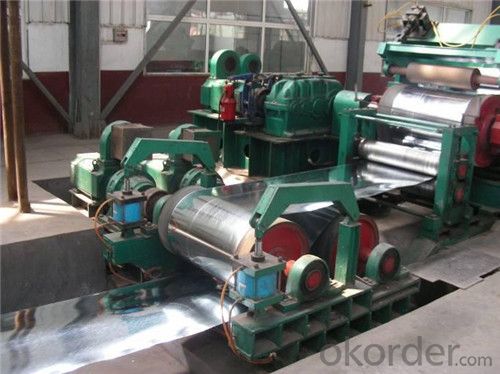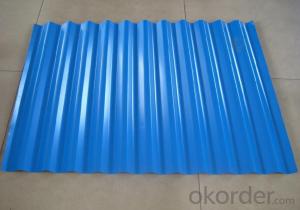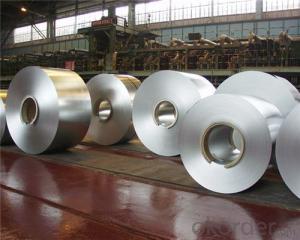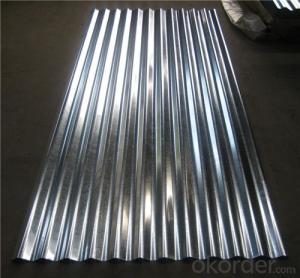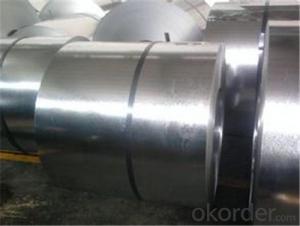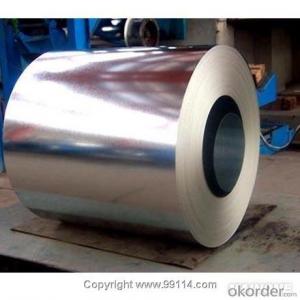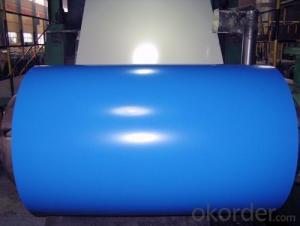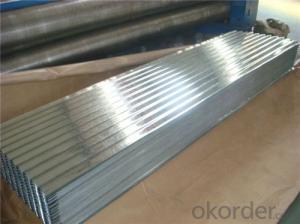cold rolled steel coil for building roof
- Loading Port:
- Shanghai
- Payment Terms:
- TT OR LC
- Min Order Qty:
- 36 m.t.
- Supply Capability:
- 30000 m.t./month
OKorder Service Pledge
OKorder Financial Service
You Might Also Like
Specifications
1.Standard:AISI,BS,DIN,GB,JIS
2.Material:Q195/Q195L/st12/dc01/spcc
3.Thickness:0.2--2.5mm
Description Of Cold Rolled Coil
1.Standard:AISI,BS,DIN,GB,JIS
2.Material:Q195,Q195L,SPCC,08AL or as requirement
3.Thickness:0.2mm--2.5mm
4.Width: 600mm--1250mm
5.Length: coil, as required
Item | Cold Rolled Steel Coil/Plate/Sheet |
Description | Steel sheet, steel plate, steel coil, cold rolled steel sheet or coil |
Standard | ASTM,AISI,SUS,JIS,EN,DIN,BS,GB |
Material | Q195,Q195L,SPCC,08AL or as requirement |
Export to | USA,UAE,Europe,Asia,Middle East,Africa,South America |
Thickness | 0.2mm--2.5mm |
Width | 600-1250mm |
Length | usually 950-6000mm for sheet, or as required |
Application | cold rolled steel coil/sheet applies to construction field, ships building industry, petroleum & chemical industries, war and electricity industries, food processing and medical industry, boiler heatexchanger, machinery and hardware fields. Stainless steel sheet can be made accordingto the customers requirements. Fast delivery. Quality assured.Welcome to order more. |
Packaging | Standard seaworthy package(wooden boxes package,pvc package, and other package) |
Delivery Time | According to your size and quantity or as customers require |
Payment Term | T/T ,30% as advanced,70% will be paid before shipments |
Advantage | Good quality with reasonable price |
- Q: 7850kg/cu.m density is typical for all type of steel? like reibar, I- beam and so on
- 90% of the steels used today are plain mild carbon steels consisting of iron with less than 1% carbon content and as such have a density of about 7750 kg/cubic meter. Some special steels which have a significant percentage of alloying elements such as chrome or manganese or other elements will have greater density bringing the steel up to about 8000 kg / cubic meter. There are a greater many factors influencing the exact density of a steel. Even for steels of exactly the same content of iron , carbon and other alloying elements, there may be a difference ( very small mind you ) in density due to work hardening. The difference in this case is due to movement of dislocations which become locked in the grain boundaries and this forms a more dense crystal structure. For this same reason, the theoretical density of steel (which does not take into account dislocations) is greater than the measured density of steel.
- Q: How do steel coils contribute to the manufacturing of agricultural machinery?
- Steel coils are used in the manufacturing of agricultural machinery as they provide the necessary strength and durability required for heavy-duty equipment. These coils are often used to fabricate components such as frames, chassis, and structural supports, ensuring stability and reliability of the machinery. Additionally, steel coils can be easily shaped and welded, allowing for customization and versatility in design, ultimately contributing to the overall efficiency and functionality of agricultural machinery.
- Q: How are steel coils affected by global trade policies?
- Steel coils can be significantly affected by global trade policies. The imposition of tariffs or trade restrictions on steel imports can impact the availability and cost of steel coils in the international market. These policies can lead to increased prices, limited supply, and disrupted trade flows, ultimately affecting the steel coil industry worldwide. Conversely, the removal or reduction of trade barriers can foster a more open and competitive market, allowing for easier access to steel coils and potentially benefiting industries reliant on this material.
- Q: How much does a steel coil weigh?
- The weight of a steel coil can vary depending on its size, thickness, and type of steel used. On average, steel coils can weigh anywhere from a few hundred pounds to several tons.
- Q: What are the common tests performed on steel coils?
- The common tests performed on steel coils include dimensional inspection, visual inspection, chemical composition analysis, mechanical testing (such as tensile and hardness tests), coating thickness measurement, and surface quality assessment.
- Q: What are the common methods of slitting steel coils?
- The common methods of slitting steel coils include rotary slitting, multiblade slitting, and shearing.
- Q: How are steel coils used in the manufacturing of medical equipment?
- Steel coils are used in the manufacturing of medical equipment as they provide strength, durability, and flexibility for various components. These coils are often used in the production of surgical instruments, medical devices, and diagnostic equipment where precision and reliability are crucial.
- Q: How are steel coils used in the production of automotive engine components?
- Steel coils are used in the production of automotive engine components by being processed and shaped into various parts, such as pistons, crankshafts, and connecting rods. The coils are first cut, stamped, and formed into the desired shapes, and then undergo heat treatment and other machining processes to enhance their strength and durability. These components are crucial for the proper functioning of an automotive engine, as they provide structural support and help convert the energy generated by the combustion process into mechanical motion.
- Q: What are the factors to consider when selecting a supplier for steel coils?
- When selecting a supplier for steel coils, there are a few key factors to consider. Firstly, the quality of the steel coils is crucial. It is important to assess the supplier's reputation, certifications, and track record for delivering high-quality products. Secondly, pricing and cost-effectiveness play a significant role. Comparing prices and negotiating favorable terms with different suppliers is essential to ensure competitive pricing. Additionally, the supplier's reliability and ability to meet delivery schedules must be thoroughly evaluated. Timely delivery is vital to avoid disruptions in production. Lastly, considering the supplier's location, proximity to the manufacturing facility, and their overall customer service and support are also important factors to take into account.
- Q: like, what can steel make?
- buildings bridges automobiles elevators railroads and railroad equipment appliances and many many more. Steel is used almost everywhere. reference: Iron and steel are used widely in the construction of roads, railways, infrastructure, and buildings. Most large modern structures, such as stadiums and skyscrapers, bridges, and airports, are supported by a steel skeleton. Even those with a concrete structure will employ steel for reinforcing. In addition to widespread use in major appliances and cars (Despite growth in usage of aluminium, it is still the main material for car bodies.), steel is used in a variety of other construction-related applications, such as bolts, nails, and screws.[66] Other common applications include shipbuilding, pipeline transport, mining, offshore construction, pipeline transport, aerospace, white goods (e.g. washing machines), heavy equipment (e.g. bulldozers), office furniture, steel wool, tools, and armour in the form of personal vests or vehicle armour (better known as rolled homogeneous armour in this role). .
Send your message to us
cold rolled steel coil for building roof
- Loading Port:
- Shanghai
- Payment Terms:
- TT OR LC
- Min Order Qty:
- 36 m.t.
- Supply Capability:
- 30000 m.t./month
OKorder Service Pledge
OKorder Financial Service
Similar products
Hot products
Hot Searches
Related keywords
